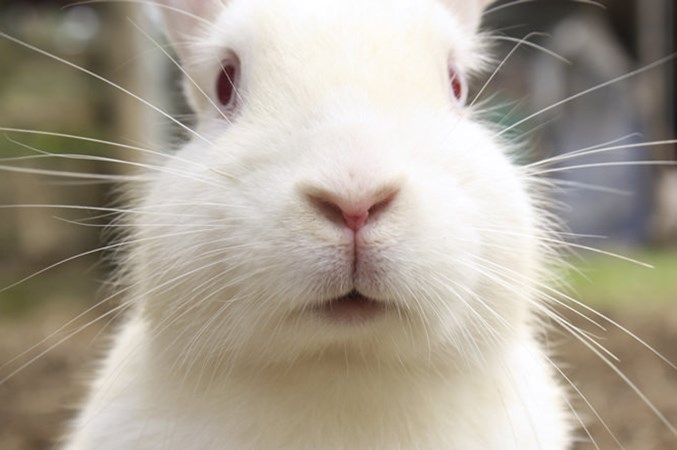Until the Seas Run Dry
Until the Seas Run Dry
Until the Seas Run Dry - how industrial aquaculture is plundering the oceans
Download (PDF 23.26MB)This report shines a spotlight on the environmental and social impacts of reduction fisheries, i.e. the use of wild-caught fish in fishmeal and fish oil (FMFO) to feed farmed fish. It provides a review of the latest scientific research on the impacts of reduction fisheries in marine ecosystems. An examination into the geographies of destruction in which FMFO production takes place. As well as a brief analysis of some of the major corporate players behind the expansion of the aquafeed industry into a multi-billion-euro business. It also highlights the devastating impact that this industry has on fish welfare, an important issue often overlooked when scrutinising these practices.
The evidence shows that grinding wild fish up to feed a growing aquaculture industry raises concerns of overfishing, poor animal welfare and disruption of aquatic food webs. It also undermines food security in developing countries, as less fish is available for direct human consumption. Our research highlights that, despite their commitments to sustainability and transparency, fishmeal producers and major aquafeed companies disclose little information about the origin, quantity or sustainability of the wild-caught fish used in their feed.
The limited information that is available shows that many companies source from regions with poor food security such as West Africa. From fisheries that are not sustainably managed, or for which insufficient information exists to assess their stock status. Given the rapid growth of the sector, it is key for the aquaculture and aquafeed industries to phase out the use of wild-caught fish for aquafeed and fish farming in order to prevent further unwarranted destruction of marine resources.
Download:
Executive Summary


